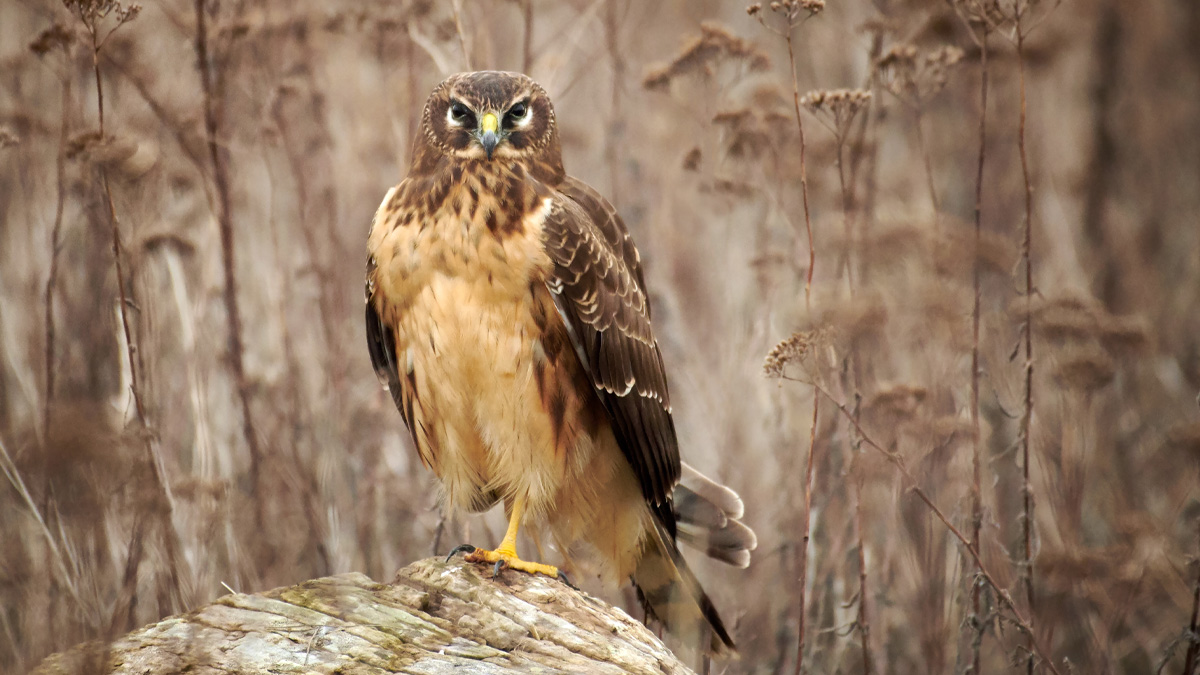
Dr Campbell Murn, lecturer at the University of Reading, delves deeper into your passion for conservation, putting you in the mindset of a working conservationist. With his module Nature Conservation in Practice, he helps develop your skills, enabling you to forge a future successful career in conservation.
Alongside his teaching, Campbell is head of conservation and research at Hawk Conservancy Trust, which has a keen focus on the conservation of birds of prey and their habitats.
During his time at the University of Reading, Campbell noticed his students were very focused on animal conservation but often much less aware of the practicalities that surrounded a conservation project. He knew he could use his experience with on-the-ground conservation to help his students gain the skills and outlook they needed for a career, setting them apart from other graduates looking to succeed in professional conservation.
Campbell developed the nature conservation module to address the skills gaps he saw. A key focus of the module is understanding that people are fundamental to conservation, along with the species that are the focus of conservation efforts.
"People often get into conservation because they love animals, I love animals, I always have since I was very small. That's important for being a good conservationist, but what's essential is recognising the other 'animal' in the equation, which is people. That's one of the biggest skills that's important for a career in conservation. To be successful you need to understand more about people."
The module is run around real-world examples. Part of the module assessment is to complete an assignment on an actual conservation scenario. The aim of the assignment is to be put into the mindset of a working conservationist.
"People often discount the perspective of people on the other side of a conservation scenario, and not everybody thinks conservation is fantastic or thinks it means the same thing."
An important learning outcome is understanding stakeholder perspectives and that not everybody sees conservation the same way. Campbell understands and emphasises that this is a key skill needed for all future conservation professionals. This focus on stakeholder perspectives, combined with other learning outcomes based around conservation decision-making frameworks, makes this a key module in developing a career as a conservationist.
This has been a very popular course with students who have a passion for conservation from across the School of Biological Sciences. Students are aware of the importance of the real-world practical skills that the module gives them.
Daisy, a third year Ecology and Wildlife Conservation student, says:
"Something I liked in particular was one session that focused on role-playing stakeholders. We were given an example of a conservation issue and we had to take into account who the stakeholders were, who was most affected, who was least affected and why. This was a really good way of getting into the heads of the different people who are involved."
